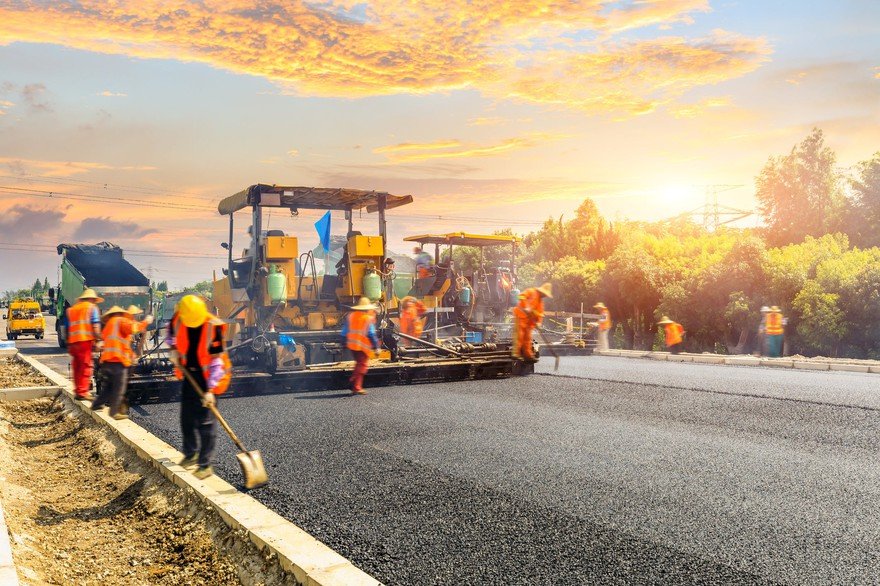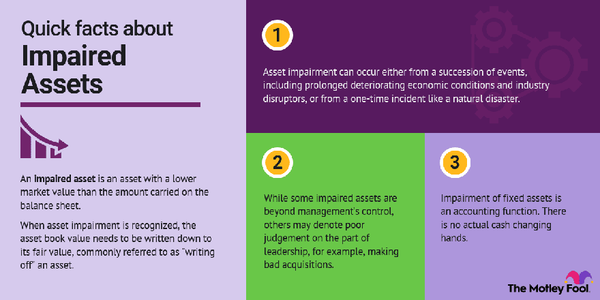Broadly speaking, infrastructure addresses the basic structures that allow a system to function. Although the idea of infrastructure applies in different contexts, it most often relates to community transportation, energy systems, and safety networks.

What is it?
Understanding infrastructure
The roots of developing infrastructure can be found in ancient civilizations around the world. The Mayans, for example, created vast road networks to connect cities located throughout Central America -- roads so well-constructed that they're still visible today. Similarly, the ancient Romans -- who also built long-lasting roads --developed aqueducts throughout their empire to distribute water for public baths and fountains.
Today, infrastructure has developed to encompass a variety of systems. In addition to roads, infrastructure includes bridges, tunnels, and railways. Also similar to classical civilizations, infrastructure in modern society provides water and wastewater treatment. In more recent times, infrastructure has applied to the power grid and the internet.
Why it's important
The importance of infrastructure
Strong infrastructure is critical to a well-functioning society. Well-paved roads allow for everything from efficient travel to grocery stores to cross-country road trips. Of course, it's not only roads that are critical for travel; without bridges and tunnels, traveling to certain locations would be impossible.
Even more essential than applications in transportation, water infrastructure is critical for citizens. From water distribution to wastewater treatment, effective water infrastructure is crucial for the health and safety of citizens, allowing for hydration and the functioning of critical services like fire departments and industries such as agriculture.
People who have endured the frustration of a blackout easily appreciate the importance of power grid infrastructure. Similarly, people who wrestle with poor internet speeds and phone connections understand the value of resilient telecommunications infrastructure.
Importance to investors
What investors should know about infrastructure
Few businesses can function without sound infrastructure. Recent history is filled with examples of poor infrastructure compromising the efficient running of businesses. In March 2024, a cargo ship damaged the Francis Scott Key Bridge in Baltimore, Md., resulting in severe shipping restrictions for the area. Some estimates showed the event could cost Baltimore about $28 million in lost business every month.
Government attention to maintaining a strong infrastructure can be a boon for a variety of businesses. Materials companies, for example, can benefit from legislation that provides increased funding for infrastructure projects as companies look to procure supplies for projects. And in addition to individual infrastructure stocks, investors can gain exposure to infrastructure-related investments through an infrastructure-focused exchange-traded fund or an infrastructure REIT.
Related investing topics
Infrastructure in action
Infrastructure in action
The importance of infrastructure was highlighted in 2021, when the bipartisan infrastructure bill made its way through Congress and was signed into law. Addressing several aspects of infrastructure, the $1.2 trillion legislation provides funding for a wide variety of uses including transportation, clean water, and high-speed internet access.
One of the goals of the legislation, for example, is to assist in growing the electric car (EV) industry. As of November 2023, about $2.4 billion of $7.5 billion in funding had been distributed to states to provide for the development of EV-charging infrastructure.





























